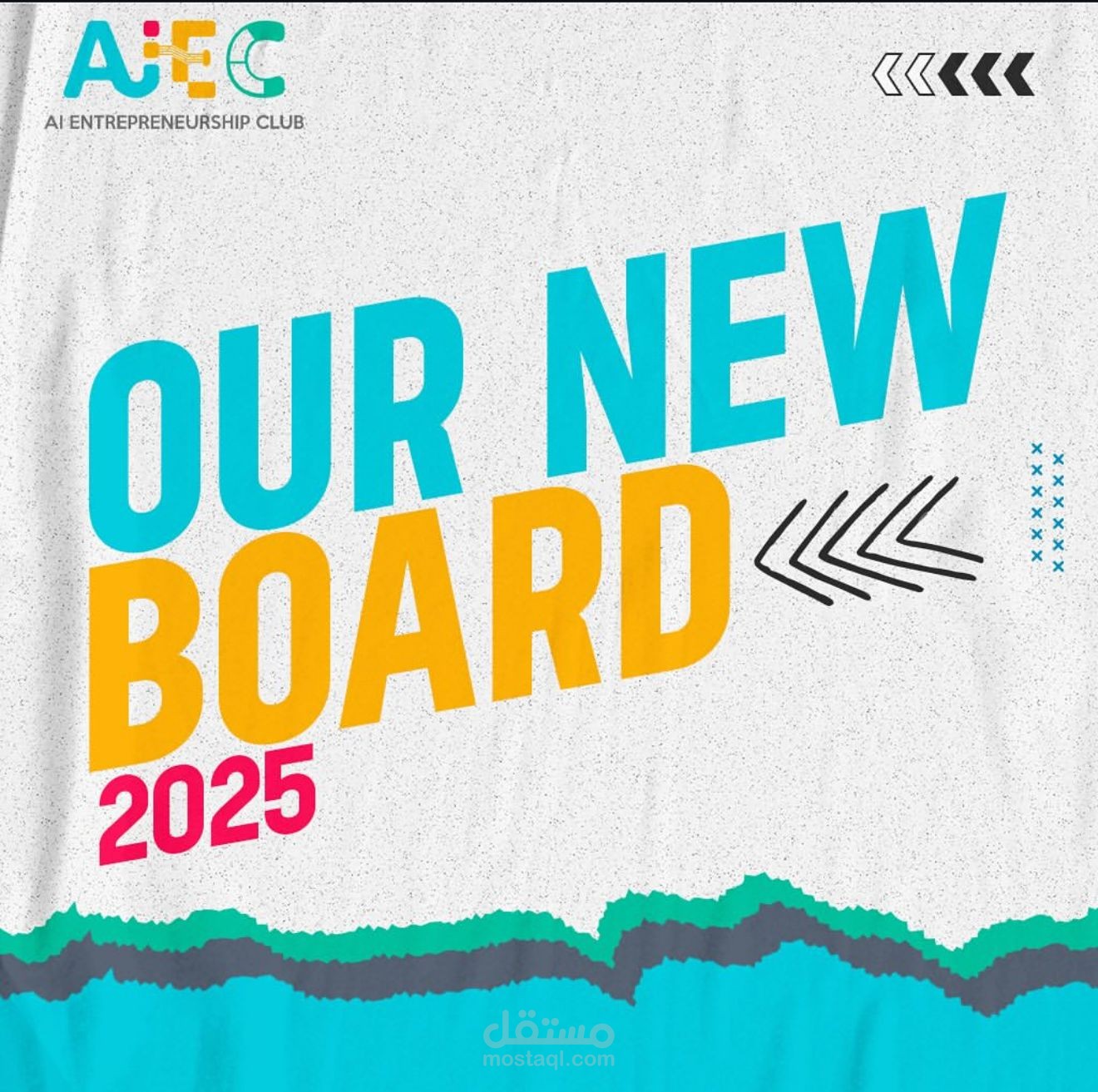مصمم جرافيكي احترافي
تفاصيل العمل
1. Understand the Goal / Client Needs
The designer starts by identifying the purpose of the project.
Example: Designing a company logo to show professionalism and trust.
2. Research & Brainstorm
Study the client’s industry, target audience, and competitors.
Collect inspiration and ideas (color palettes, typography, styles, etc.).
3. Create Concepts
Develop initial sketches or digital drafts.
Explore multiple design directions to match the client’s vision.
4. Design & Build
Use design tools (e.g., Adobe Photoshop, Illustrator, Canva, Figma) to create the actual design.
Apply elements like:
Color (to create mood and identity)
Typography (fonts for style and readability)
Images/Illustrations
Layout & Composition (arranging everything neatly)
5. Review & Revise
Share drafts with the client or team.
Get feedback, make adjustments, and refine the design.
6. Finalize & Deliver
Prepare the design in the required formats (print, web, social media, etc.).
Ensure high quality, scalability, and consistency.
7. Apply Across Media
Graphic design work can be applied in many areas:
Logos & branding
Posters, flyers, and brochures
Website and app UI designs
Social media content
Product packaging
Infographics & presentations
In short:
Graphic design is the art and practice of turning ideas into visual content that communicates clearly and beautifully.

